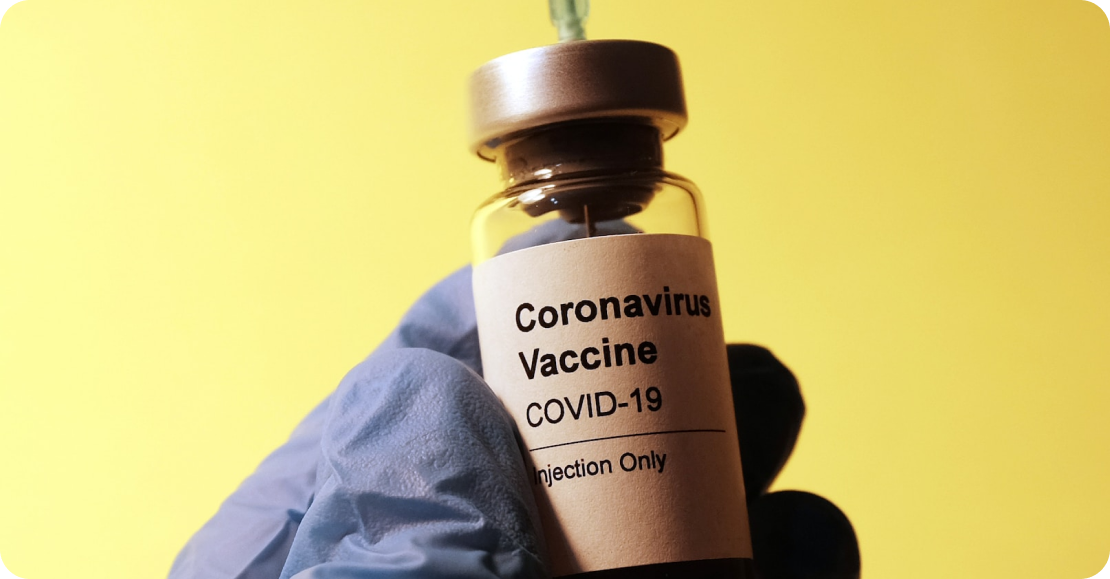Making the most of your health insurance renewal

In an uncertain time, you want to be sure that you are getting what you need from your health insurance. This is even more important in the face of the global Covid-19 Coronavirus pandemic; you need to be able to trust that your insurance has you covered when you need it.
However, with uncertainty comes difficulty and many policyholders are finding that the health insurance protection they have previously purchased is either too expensive or does not have the benefits they need. Unfortunately, making changes to your health insurance policy while the plan is in force is extremely difficult (if not nigh on impossible without an outright cancellation and reapplication).
It is here that the importance of undertaking a proper renewal of your health insurance is shown, and bring us to the topic at hand.
Health Insurance Contracts are Annual
When you take out a health insurance policy you are applying for annual coverage. While there are a few exceptions to this (most notably Travel Health Insurance), generally all health insurance products will run for 365 days in duration.
While you do not have to pay for your plan on an annual basis in a single payment, with many insurers allowing monthly, quarterly, or even semi-annual premium payments, the contract itself runs for a full calendar year. You can request that the policy be canceled before it is completed – that is to say before it reaches its renewal date – but you are normally unable to alter the terms and conditions of the coverage while it is in force.
However, because insurance contracts are annual, they run out every year and must be renewed to keep the coverage being offered. It is at this point, the ending of the current policy before it has been renewed, that offers the greatest opportunity for a policyholder to make changes to their cover and ensure that they have the protection they need without jeopardizing their existing policy.
What is a renewal?
The date at which your policy stops providing cover is known as the plan’s renewal date, and often goes overlooked by many policyholders as simply a part of the mechanisms of insurance. But your renewal date is critical to the administration, management, and utility you get out of your medical insurance.
All health insurance plans will deal with policy renewals, but not all will deal with renewals in the same way. For example, under many Hong Kong health insurance products policyholders are unable to continue on their policy after they reach the age of 65. Even if the policyholder was willing to pay the premium and continue on the coverage being offered under the insurance, the terms and conditions of the coverage will not allow for a renewal after the policyholder has reached a specific age.
So, in this regard, renewals could be viewed like the policy’s expiration date; and in some cases, health insurance does expire. However, some forms of health insurance (primarily international health insurance plans) will guarantee the renewability of the coverage for the entire life of the policyholder – no matter how old they get. As long as the policyholder continues paying their policy premium, they will continue to receive coverage under the health insurance plan.
The important aspect of the policy renewal is that after the existing plan’s renewal date, any subsequent cover represents a new insurance contract.
What is a contract and how does it apply to insurance?
When you apply for health insurance coverage you are entering into a contract with the insurance company. We already know that insurance (as per the strict definition of the product) is the equitable exchange of risk for a pre-determined fee, and in the case of health insurance you are exchanging your risk of having to pay medical bills by instead paying the insurance company a premium (or fee).
A contact is the legally binding document that enforces this risk exchange. This gets us into some of the more esoteric aspects of insurance, and contracts are a very specific type legal document, or agreement, and the simple fact of entering into a contract gives the policyholder power which often goes overlooked.
In general terms, a contract normally requires at least two parties (in this case the policyholder and insurance company), an offer (that the insurer pays medical bills), and acceptance (the policyholder will pay their premium). However, what often goes unseen is that this is actually a negotiation between the policyholder and the insurer – the policyholder does not need to accept the insurers terms or fees, and the insurer does not need to accept the policyholder for coverage at the policyholder’s request.
Both parties must be happy with the offer being made, must accept that offer, and must agree that the offer is equitable in order for the strict definition of insurance to be satisfied. Importantly, because this is a negotiation, and there is equity to be considered, there is nothing stopping you from requesting new policy terms, conditions, or benefits from the insurer when you renew your policy.
You are not yet under contract for the new plan, and will not impact your existing cover by requesting clarification or amendments from the insurance company.

How do health insurance renewals work?
Roughly 1 to 3 months ahead of your renewal date the insurance company will send you a renewal notice, informing you of your plan’s impending expiration, any new changes which have been made to the coverage, and any increase of premium.
It is important to note that health insurance premiums will normally increase by roughly 10 per cent per year, so a premium increase is normally and should not be overly concerning. However, benefit restrictions and changes to your coverage can, should they happen, fundamentally change the protection you are being afforded under your health insurance policy.
It is at this point that you have two primary options. The first is to simply renew – inform the insurer that you would like to continue your insurance as illustrated by their renewal notice. The second option you have is to challenge the insurer on the changes in your plan.
Now, depending on where and how you purchased your health insurance policy, this could mean spending many hours on the phone with the insurer, attempting to speak to a person and have your needs addressed. If you opted to purchase your health insurance through a broker, like CCW Global, then this process is far easier; simply contact your broker, notify them of your concerns, and request clarification, amendments from the insurer, or re-quotes with competing insurance providers.
Your health insurance policy is your guarantee that you will have comprehensive and high quality medical assistance should you become ill or suffer a serious accident or injury. Renewing the plan often brings out changes, which can be scary and confusing. But ultimately you have the right and the need to ensure that the health insurance plan you have purchased is giving you the protection you require.

Making changes has risks
At this point it is important to be aware that making changes to your plan, even at policy renewal, does carry risks.
Let’s say you feel like you need more coverage from the plan, and you want to add outpatient and maternity benefits to your existing in-patient only policy. You are trying to improve your health insurance. This is known as “betterment” and unfortunately does not fall in line with the definition of insurance; you were underwritten by the insurance company for a certain level of coverage on a specific risk basis.
Getting additional coverage from your health insurance policy will normally require that the insurance company re-underwrites your application. This means that any medical conditions you may have developed on your existing plan (which were covered) will likely be excluded from any improved health insurance plan. This is because you will be starting from square 1; by attempting to improve your protection you will really only be receiving increased protection against any future medical conditions you develop, and will generally be unable to receive coverage for conditions you have developed in the past.
The opposite to this is decreasing coverage, and in most cases you are able to easily downgrade your policy at renewal with no possibility of having existing medical conditions excluded from future coverage. This is because you are putting yourself in a worse position for the insurance; you are receiving less coverage and your existing medical situation is well known. Consequently, downgrading your health insurance plan is much more achievable than upgrading it.
Renewals are a complicated subject, so many things can happen and you have the opportunity to influence your policy significantly during this time. However, knowing what to do and what not to do during a health insurance renewal can be hard, especially if you don’t have the benefit of experience. At CCW Global we have an expert health insurance renewal team, dedicated to assisting you with getting the most out of your plan each and every year. So if you’re having trouble with, or are concerned about your upcoming health insurance renewal, ask CCW – we’re simplifying your insurance.



